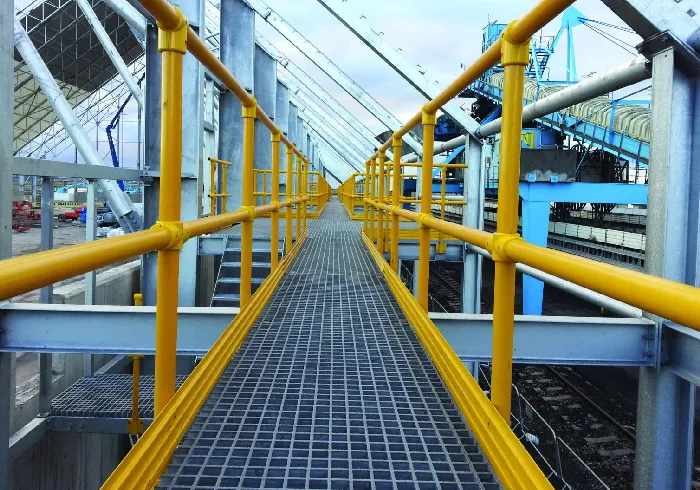loading...
- No. 9, Xingyuan South Street, Dongwaihuan Road, Zaoqiang County, Hengshui, Hebei, China
- admin@zjcomposites.com
- +86 15097380338
- Welcome to visit our website!
Effective Methods for Treating Hard Water and Improving Household Water Quality
Hard Water Treatment Understanding the Solutions for a Common Problem
Hard water is a widespread issue that affects many households and industries across the globe. The term hard water refers to water that contains high concentrations of dissolved minerals, primarily calcium and magnesium. While hard water is not a health hazard, it can cause various inconveniences and problems, including scale buildup in pipes and appliances, decreased efficiency of soap and detergents, and potential damage to plumbing systems. Therefore, effective hard water treatment is essential for managing these issues.
Hard water originates from natural geological processes as water filters through soil and rock, gathering minerals along the way. The degree of hardness is typically measured in parts per million (ppm) or milligrams per liter (mg/L) of calcium carbonate, and water with more than 60 mg/L is considered hard. Hard water is particularly common in areas with limestone and gypsum rock formations. Despite its prevalence, many individuals and businesses remain unaware of the effects of hard water and the various solutions available for treatment.
One of the most effective methods for hard water treatment is ion exchange using water softeners. Water softeners work by replacing calcium and magnesium ions with sodium or potassium ions through a process called ion exchange. The system consists of a resin tank filled with small polystyrene beads that attract and hold onto the calcium and magnesium ions. When these beads become saturated, they must be regenerated using a salt solution, which flushes out the hard minerals and replenishes the sodium ions. This process not only reduces hardness but also prevents scale buildup in plumbing and appliances, extending their lifespan and improving overall efficiency.
hard water treatment

Another approach to treat hard water is the use of reverse osmosis systems. Reverse osmosis employs a semi-permeable membrane that removes a significant percentage of dissolved minerals, contaminants, and impurities from water. Although it is often used for drinking water purification, reverse osmosis systems can also effectively treat hard water. However, these systems can be more expensive to install and maintain than traditional water softeners and typically produce a certain amount of wastewater.
Another alternative is the use of chelating agents or conditioners, which bind with calcium and magnesium ions and prevent them from forming scale deposits. These products are often added to water systems but may not always eliminate hardness entirely. Instead, they can reduce the harmful effects of hard water, making it easier for detergents and soaps to work effectively.
For those looking for a more eco-friendly solution, magnetic and electronic descalers have gained popularity in recent years. These systems alter the physical properties of calcium and magnesium ions in water, preventing them from settling and forming scale. Although research on their effectiveness is still ongoing, many users report positive results without the need for chemical additives or salt.
In conclusion, hard water is a common issue with a variety of treatment options available to mitigate its effects. Water softeners remain the most widely used and effective solution for households and businesses dealing with hard water. However, for those seeking alternative approaches, options such as reverse osmosis, chelation, and magnetic descaling systems are also worth considering. By understanding hard water treatment methods and their respective benefits, individuals can make informed choices to improve water quality, protect their plumbing systems, and enhance their everyday lives.
-
the-expansive-industrial-reign-of-frp-pressure-vesselsNewsAug.22,2025
-
manufacturing-premium-frp-square-pipes-for-global-wholesale-excellenceNewsAug.22,2025
-
strategic-applications-for-frp-grating-solutionsNewsAug.22,2025
-
material-science-forging-grp-water-tank-longevityNewsAug.22,2025
-
the-engineered-excellence-material-science-behind-frp-railing-systemsNewsAug.22,2025
-
how-digital-pultrusion-revolutionizes-frp-profile-wholesalingNewsAug.22,2025
-
The Rise of FRP Profiles: Strong, Lightweight, and Built to LastNewsJul.14,2025
